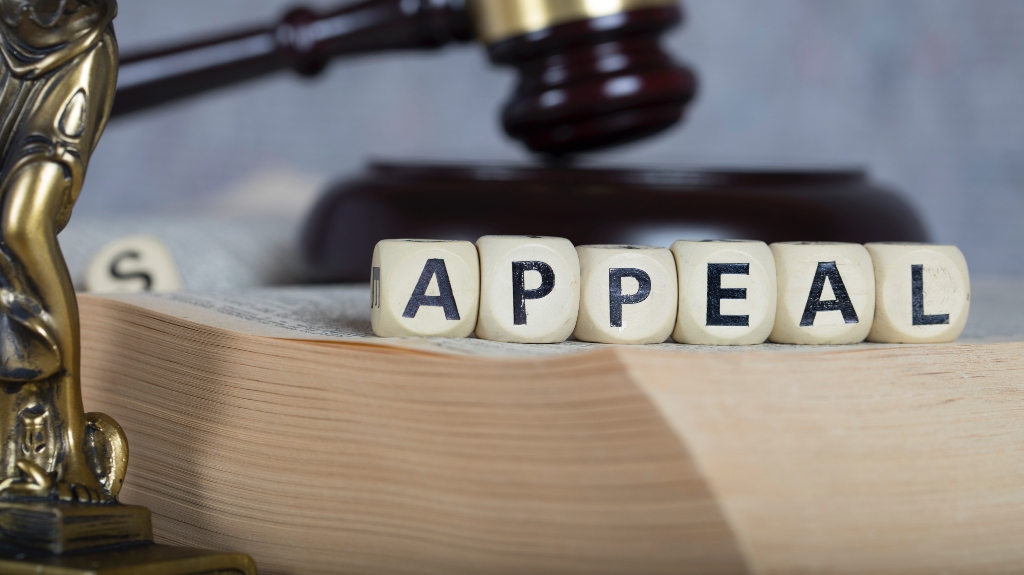The CAVC, or Court of Appeals for Veterans Claims, is the only federal court that addresses veterans’ issues. It was created to give veterans a place for judicial review of decisions made by the Board of Veterans’s Appeals. It serves as a hierarchy in checking the BVA’s decisions to make sure veterans receive a fair judgment on their claims. The VA has strict deadlines for appeals and it is important be aware of these time limits as they can impact the outcome of the appeal. We will be going over the time limits for appeals to the CAVC to make sure veterans are aware so they can navigate the process more effectively.
Overview of the Appeals Process to the CAVC
Before a veteran can appeal to the CAVC, they have to submit an appeal to the BVA. The BVA will review the evidence and determine whether they deny or approve the appeal. If a veteran disagrees with the BVA’s decision, they can then seek judicial review at the CAVC. Veterans have a specified timeframe for filing their appeal to the CAVC.
Time Limits for Filing an Appeal
After the Board of Veterans’ Appeals (BVA) issues its decision, veterans have 120 days to file an appeal with the Court of Appeals for Veterans Claims (CAVC). This deadline starts from the date the BVA decision is mailed, not the date the veteran receives it. Missing the deadline can lead to the case potentially being dismissed. But there are exceptions to the 120-day rule, such as equitable tolling. This allows for extensions in extraordinary situations, like severe mental health conditions or miscommunication with the BVA.
Steps to File a Timely Appeal to the CAVC
- Notice of Appeal (NOA): The first step in filing an appeal is to file a Notice of Appeal. You must file this within the 120-day window to inform the CAVC that you want to appeal the BVA’s decision. Veterans can send this document to the CAVC either electronically, by mail, or through a representative.
- Filing Fees and Waivers: There is a filing fee for submitting an appeal to the CAVC, which is $50. If veterans cannot afford this fee, they can request a fee waiver by submitting a Declaration of Financial Hardship.
- Legal Assistance: It is highly recommended for veterans to hire an attorney during the appeals process. An experienced VA benefits attorney can represent the veteran during the appeal, help gather any necessary documentation, and ensure a strong claim.
Potential Outcomes of a CAVC Appeal
There are a few different outcomes that can come from filing a CAVC appeal. Here are some of the actions the CAVC can take:
- Affirm the Decision: If the CAVC agrees with the BVA’s decision, it will affirm the decision. Meaning that the BVA’s ruling will stand as is.
- Reverse the Decision: The CAVC may find that the BVA made an error and will reverse the decision.
- Remand the Case: If the CAVC identifies procedural errors or inconsistencies in the BVA’s decision, it may remand the case back to the BVA for further consideration. A remand sends the case back to the Board, where it must correct the issues and
If a veteran disagrees with the CAVC’s decision, they can appeal further. The next step is to appeal to the U.S. Court of Appeals for the Federal Circuit.
Take Timely Action With Your Appeal
If a veteran is looking to seek an appeal to the CAVC, it is important they are aware of the 120-day window. Missing this timeline could result in the veteran getting their case dismissed and being unable to receive the compensation they deserve. If you need guidance on filing an appeal to the CAVC or want to ensure that all deadlines are met, Veteran Esquire Legal Solutions is here to help. Contact us today for expert assistance and to protect your right to appeal.

